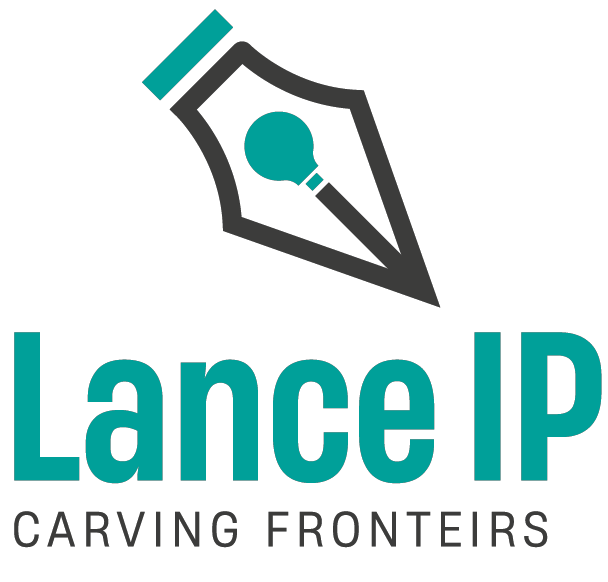The Impact of AI on the Patent System
The Impact of AI on the Patent System
The patent system, traditionally designed to encourage human ingenuity, is facing a significant challenge with the advent of AI systems capable of generating novel inventions. This development prompts a critical examination of whether the existing patent framework can accommodate non-human inventors and what implications this may have on the future of innovation.
Can an AI System Be an Inventor?
Legal Perspective on Inventorship: Patent law primarily concerns the protection and ownership of inventions rather than the identity of the inventor. The criteria for patentability—novelty, inventiveness, and utility—are assessed objectively. Historically, inventors have been humans who, through creative processes, contribute new ideas and technologies. However, AI systems like IBM’s Watson and Google’s DeepMind are now generating inventions that challenge this human-centric view.
Ownership and Legal Rights: In most jurisdictions, patents can only be granted to human inventors or entities deriving rights from them. This principle ensures clarity over who holds the legal rights to an invention, facilitating the patent system’s goal of encouraging innovation. The identity of the inventor matters for determining ownership and legal responsibility.
Case Study: The Artificial Inventor Project
Dr. Stephen Thaler’s DABUS: Dr. Stephen Thaler’s AI system, DABUS (Device for the Autonomous Bootstrapping of Unified Sentience), has generated patentable inventions, leading to the Artificial Inventor Project, which tests whether AI can be recognized as an inventor. Despite its innovative outputs, most global patent offices have rejected DABUS’s patent applications, insisting that only humans can be inventors.
Global Legal Responses:
- Australia: The Full Court of the Federal Court held that only natural persons could be inventors, overturning a lower court’s decision.
- United Kingdom: Both the High Court and Court of Appeal upheld that an inventor must be a natural person, with the UK Supreme Court’s decision pending.
- European Patent Office: Rejected DABUS’s applications, stating an inventor must have legal capacity.
- United States: The US Patent and Trademark Office and subsequent courts ruled that ‘inventor’ refers explicitly to humans.
Notable Exceptions:
- South Africa and Saudi Arabia: These jurisdictions have accepted DABUS’s patents, but without substantive examination.
Future Directions and Implications
Defining Inventorship in the AI Era: The question of who should be credited as the inventor when AI is involved remains unresolved. Courts have suggested several candidates, including the owner of the AI, the developer of the AI software, the copyright holder of the AI’s source code, and the person who inputs data into the AI.
AI’s Role in Patent Law: The introduction of AI challenges the hypothetical “person skilled in the art” (PSA) standard used to assess inventiveness and sufficiency. AI systems, with their vast processing capabilities, could redefine what constitutes an inventive step and the common general knowledge in a given field.
Policy Considerations: Governments and patent offices are considering how to adapt the patent system to accommodate AI-generated inventions. Options include recognizing humans responsible for AI as inventors, allowing AI to be named as inventors, or developing alternative protection mechanisms outside the traditional patent system.
Conclusion: AI’s role in innovation necessitates an evolution in patent law. While current legal frameworks predominantly reject AI as inventors, this stance might evolve as AI technology advances. The patent system’s ability to adapt will be crucial in continuing to incentivize innovation in an era where AI-generated inventions become increasingly prevalent.
